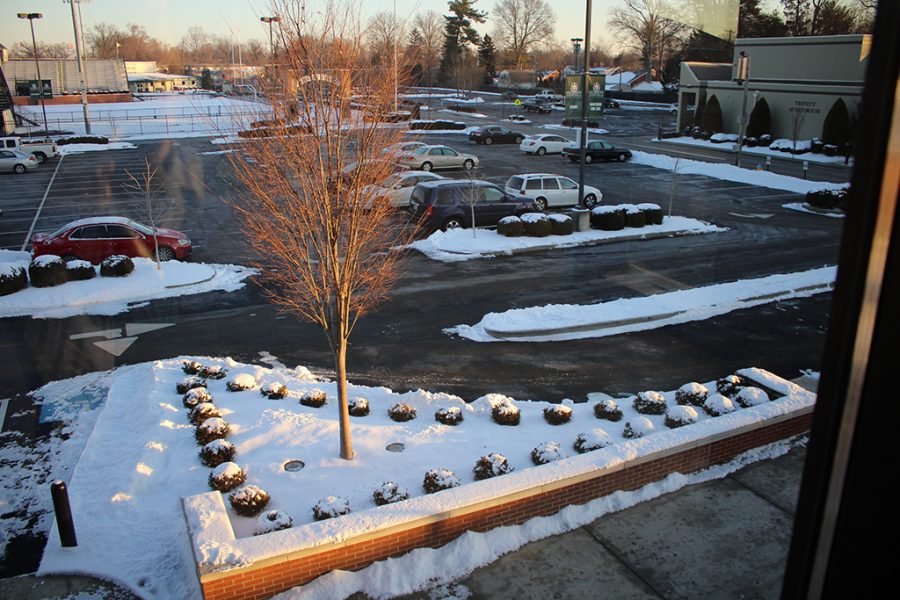A citizen “journalist” is much different than a professional journalist. Being a journalist is more than just having a camera phone on you at the time a newsworthy event is going on. Citizen “journalists” have not been trained in the basics of media ethics or media law, and they don’t have a lot of guidelines that keep them under control, except sometimes their own consciences (and some don’t even have that!). An Internet that will be “fully open, ethical and protect human rights” quite simply can’t happen. The Internet has become a breeding ground for teen angst, harsh words and malicious critics. With all kinds of people always on the attack, how can we ever have this dream of a peaceful and open and ethical Internet? I think that there will always be people who will turn to the Internet to post hatred that wouldn’t get printed anywhere else, because they know that they can basically say whatever they want on the Internet and get away with it. When I think of citizen journalism, I think of the grainy cell-phone video of some tragic event with some confused man making useless comments that will usually just be muted out when the video gets air time. The problem with citizen journalists is that they don’t realize there are some things that just don’t need to be filmed and put on their YouTube account. Take, for instance, the earthquakes in Haiti; I remember there was a video of some small child who was crying for his mother, and he was covered in dust, running and searching through rubble. It was a touching scene, yes, but what is the news benefit? Sure it paints a more vivid picture of the horrors that can take place after a tragic event like that, but videos like that tiptoe just a bit too close to the line. It is important for everyone before they post something online and start thinking “Next stop is the New York Times!” to just take the time to reflect. First, consult your conscience; is this something that is morally right? Will anyone be hurt or offended? These are questions you need to ask. Next, seek alternatives; is there a way I can get this information out in a more legitimate way? Should I contact a news organization or just go straight to my blog? And finally, hold an imaginary ethical dialogue with everyone involved; what would the person I am filming with my iPhone think if they ended up everywhere on the Internet? How will this action affect everyone else, rather than how it will affect only me? This model, called the Bok model for ethical decision making, should be applied before every post on YouTube or BlogSpot or wherever citizen journalists post their “news.” If the person filming the video from Haiti would have used step three, he would have realized that this poor child probably wouldn’t want his face plastered all over the Internet and eventually the newsroom. He was just looking for his mother, not attention. The major fault with citizen journalism is that many never think about these things. If they did, maybe citizen journalists wouldn’t receive such a bad rap.
Categories:
Citizen ‘journalists’ need to consider fundamental questions
May 16, 2012
0



